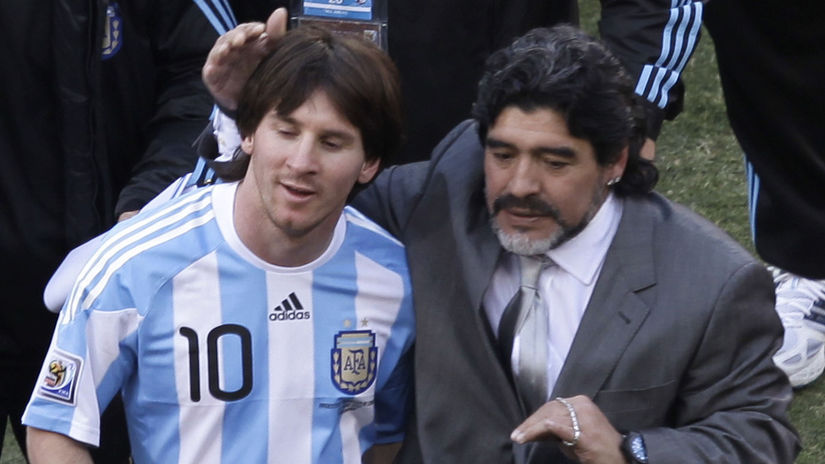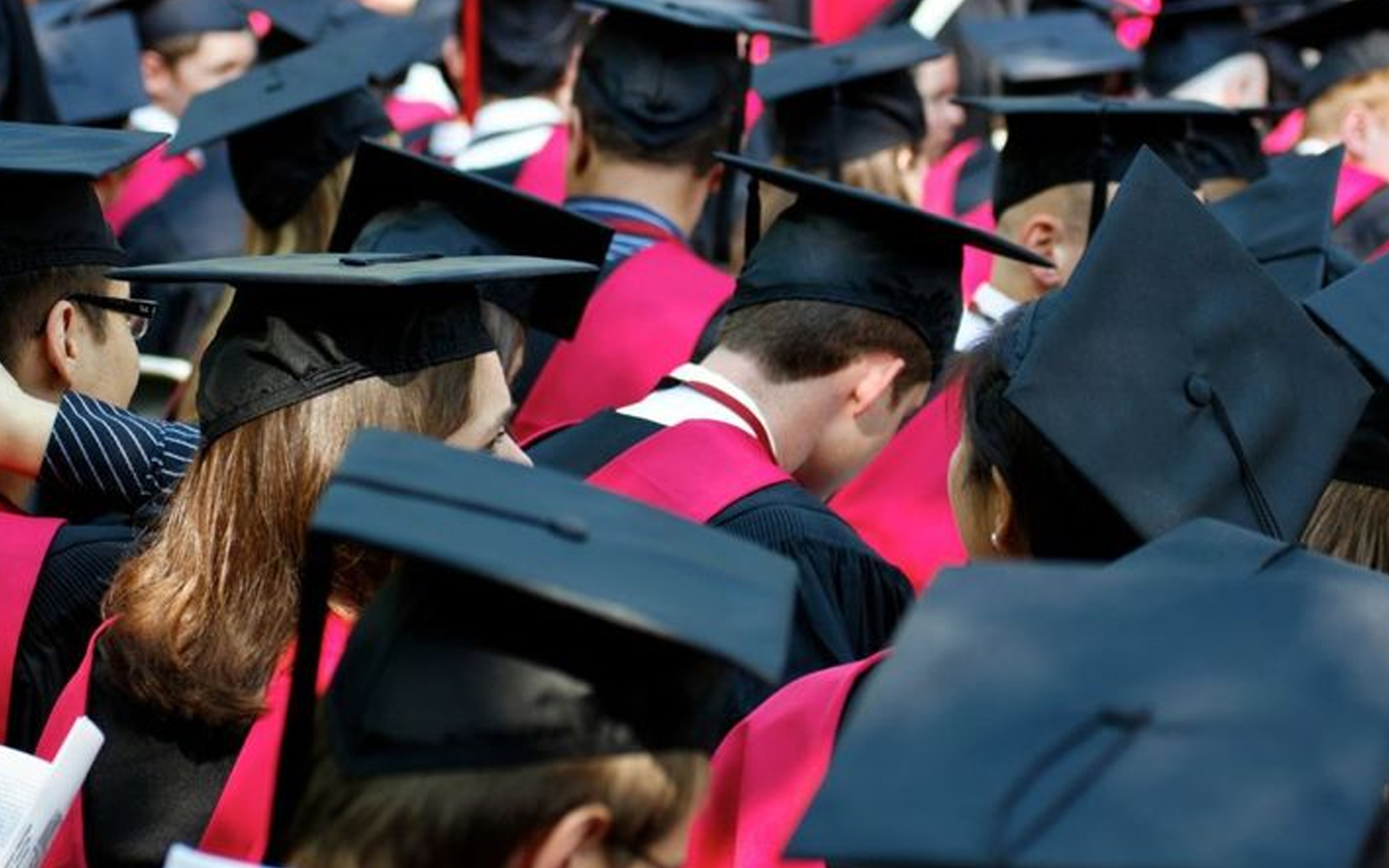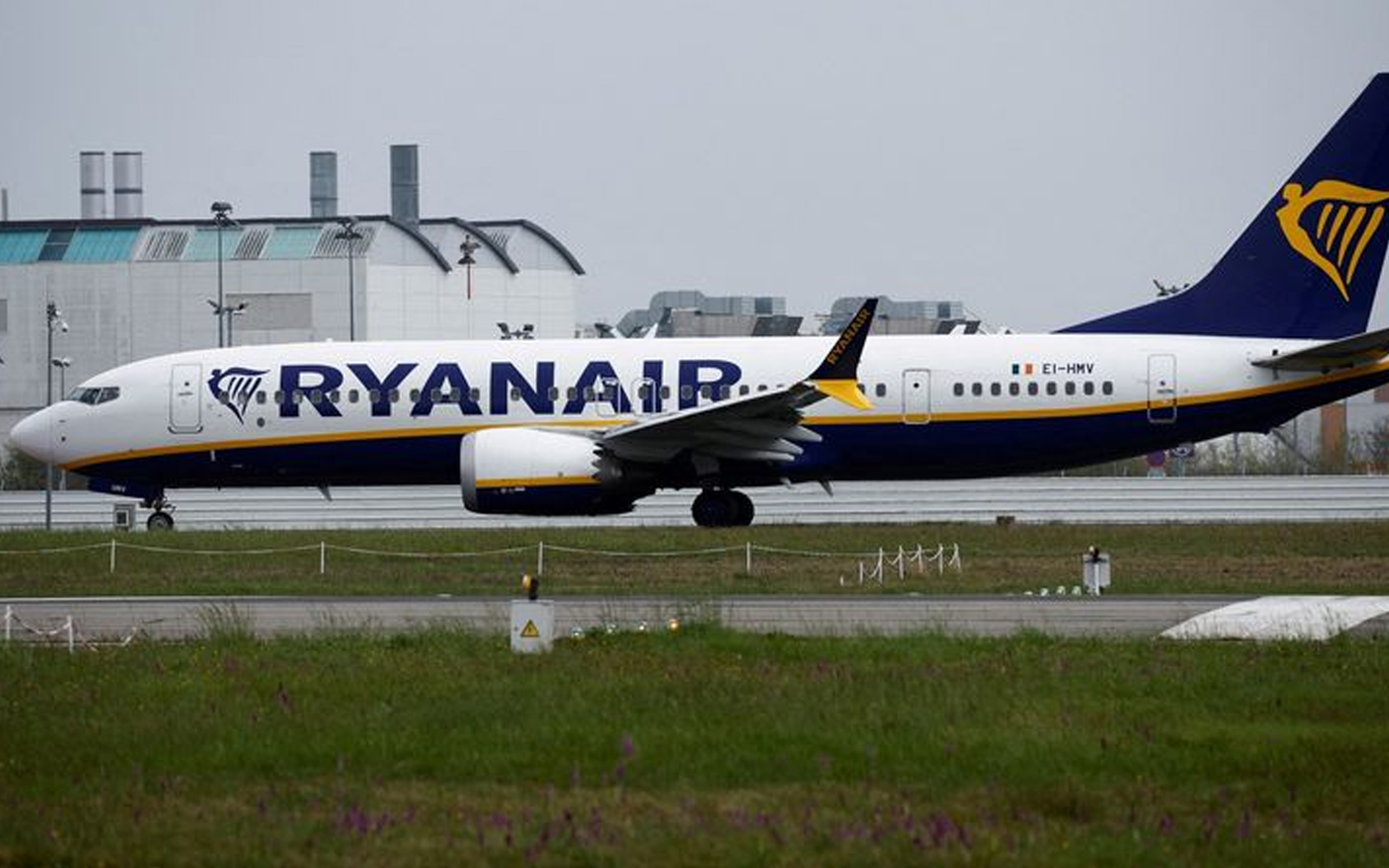
When Lionel Messi finally clinched the World Cup title in Qatar last December, marking his fifth and, what appeared to be, final attempt, it completed what many consider to be the most extraordinary footballing career in history.
However, the victory itself was just one aspect of the narrative.
/cdn.vox-cdn.com/uploads/chorus_image/image/72399144/1498699177.0.jpg)
During his time in Qatar, both behind the scenes and on the grandest stage, Messi’s transformation became evident.
The 35-year-old’s exceptional talent has always been unquestionable. Yet, his personal growth was equally remarkable. In his youth, Messi was incredibly introverted, often changing in the corridors to avoid interaction with his teammates in the Barcelona youth system.
“This World Cup, he displayed a different side,” remarked Emiliano Martinez, Argentina’s goalkeeper and Aston Villa player.
In the BBC Sport documentary Lionel Messi: Destiny, several prominent figures analyze and discuss the intriguing evolution of Messi, examining his transition from a timid teenage prodigy to a charismatic and influential “bad boy.”
According to some of the featured stars in the documentary, including teammates and observers, the environment Messi has been exposed to in recent years has fostered a heightened level of aggression compared to his previous national team experiences. As a result, he has seemingly assimilated some of these characteristics, further shaping his persona as a captivating and rebellious figure.
Diego Maradona’s colorful remarks about Lionel Scaloni’s appointment as the Argentina manager in 2018 captured the sentiments of the nation, stating, “He’s a great lad but he can’t even direct traffic. How can you give the national team to Scaloni?”

Scaloni’s selection as the national team manager was seen as a strategic move by the Argentine Football Association to maintain a positive relationship with Lionel Messi, a once-in-a-generation talent. Prior to Scaloni’s appointment, Messi had experienced a tumultuous relationship with the national team and, at times, with the previous coaches.
Following Argentina’s comprehensive defeat to Germany in the quarter-finals of the 2010 World Cup, then-coach Maradona criticized Messi’s leadership abilities. The 2018 World Cup campaign turned into a debacle, resulting in an early exit for Argentina and the subsequent dismissal of coach Jorge Sampaoli. In 2016, Messi briefly retired from international football after missing a penalty in the Copa America final loss to Chile.
These setbacks led the Argentine Football Association to prioritize keeping their star player content when appointing Scaloni as the manager. Messi’s biographer, Guillem Balague, explained that the objective was to find a manager who could effectively work with Messi and bring out his best performance. Scaloni engaged in an open dialogue with Messi, seeking his input and considering his preferences. Balague noted the importance of such communication when dealing with the world’s best player.
Marcela Mora y Araujo, an Argentine journalist, remarked that Scaloni’s appointment received little fanfare or media attention. Many people were disappointed and expected a high-profile football figure or influential personality to be appointed as the manager. Instead, the position went to a relatively unknown figure, which sparked frustration among the public.


